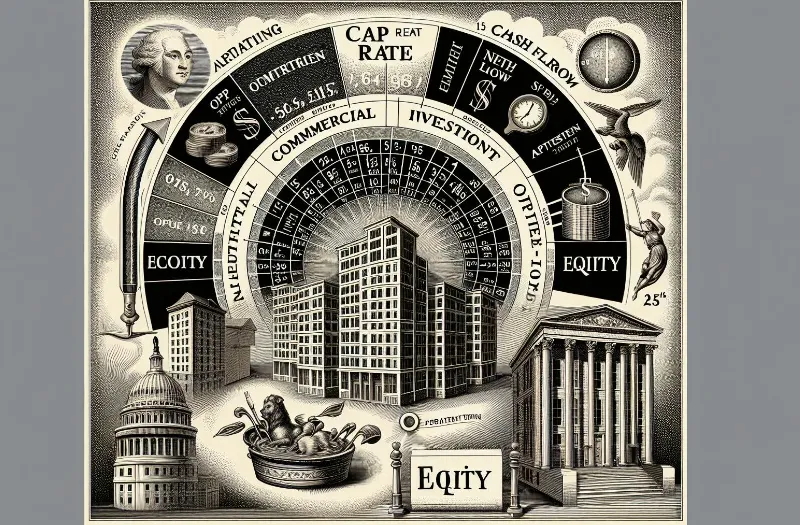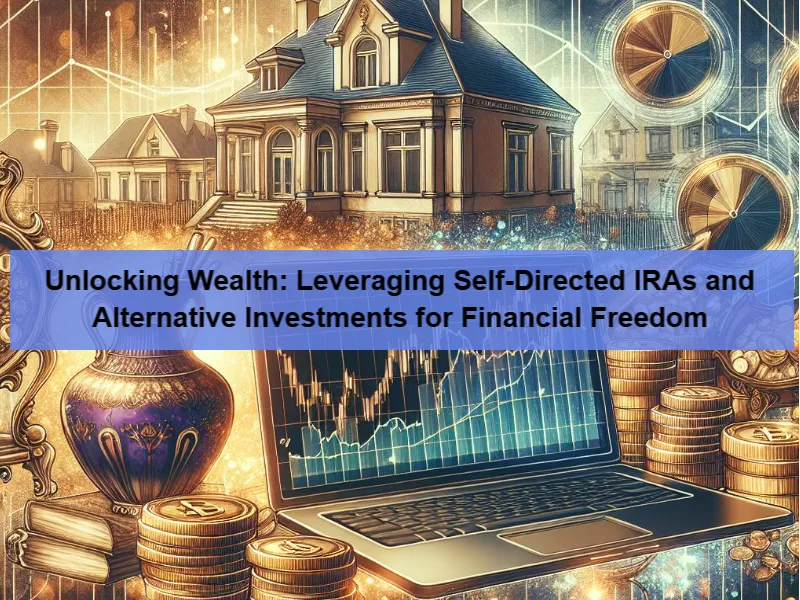The Perils of Unconscious Incompetence in Leadership: When Ignorance and Arrogance Collide
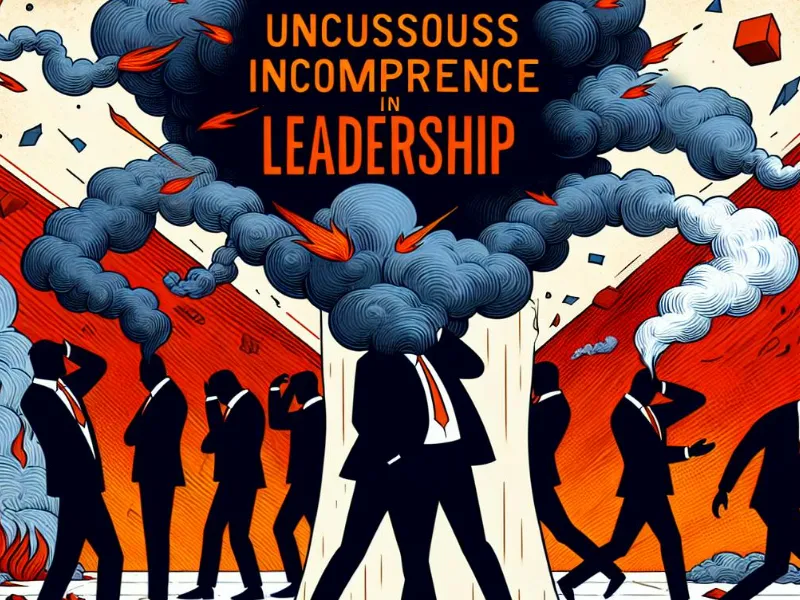
In leadership, the ability to recognize one's own limitations is paramount.
Yet, there exists a treacherous state known as unconscious incompetence.
This term describes individuals who are unaware of their ignorance and believe they know more than they do.
Imagine steering a ship through turbulent waters while blindfolded—this is akin to how unconscious incompetence operates in the business world.
The tragic reality is that leaders falling into this pit often propagate a cycle of ignorance within their organizations.
They refuse to explore other ideas, inputs, or best practices, believing their way is the only way.
The consequences?
Poor decisions, lost opportunities, and ultimately, failure.
Understanding Unconscious Incompetence
To frame this discussion, let’s first define unconscious incompetence. It refers to a stage in the learning process where a person lacks knowledge about their lack of knowledge.
They are unaware of their incompetence and, as a result, may reject external advice or insights, making them rigid in their thinking.
This mindset is particularly hazardous for leaders in business, as their decisions shape the trajectory of their companies.
But what happens when leaders believe they know it all?
The Costs of Unconscious Incompetence
- Stagnation of Ideas: When leaders do not welcome diverse thoughts, organizations stagnate. Innovation stalls as only a single viewpoint prevails.
- Poor Decision-Making: Ignorance breeds mistakes. A lack of awareness of market trends, customer needs, or operational inefficiencies can lead to costly errors.
- Declining Employee Morale: Employees often feel disenfranchised when their ideas are not valued, leading to decreased engagement and productivity.
- Loss of Competitive Edge: In a rapidly changing market, organizations that refuse to adapt will inevitably fall behind.
- Reputation Damage: Companies often find their reputations tarnished when they fail to acknowledge changing social norms and customer preferences.

Real-World Examples of Failure
1. Kodak: The Film Giant That Ignored Digital
Once a titan of the photography world, Kodak is a textbook case of unconscious incompetence.
For decades, the company dominated film sales, yet its leaders ignored the advent of digital photography, convinced that the film was superior and that digital would never take off.
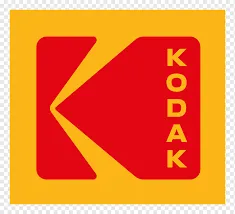
Kodak actually invented the first digital camera in 1975, but executives were fearful of cannibalizing their film business.
Instead of innovating and leading the charge in digital technology, they clung to the past.
The result?
Kodak filed for bankruptcy in 2012, having failed to pivot and adapt to the changing landscape of photography.
2. Blockbuster: The Video Rental Titan
Blockbuster was once synonymous with home entertainment, but its leadership's refusal to acknowledge the growing trend of streaming services led to its downfall.
Despite being presented with the opportunity to buy Netflix in its early days, Blockbuster’s executives were blinded by their belief that traditional video rentals were irreplaceable.
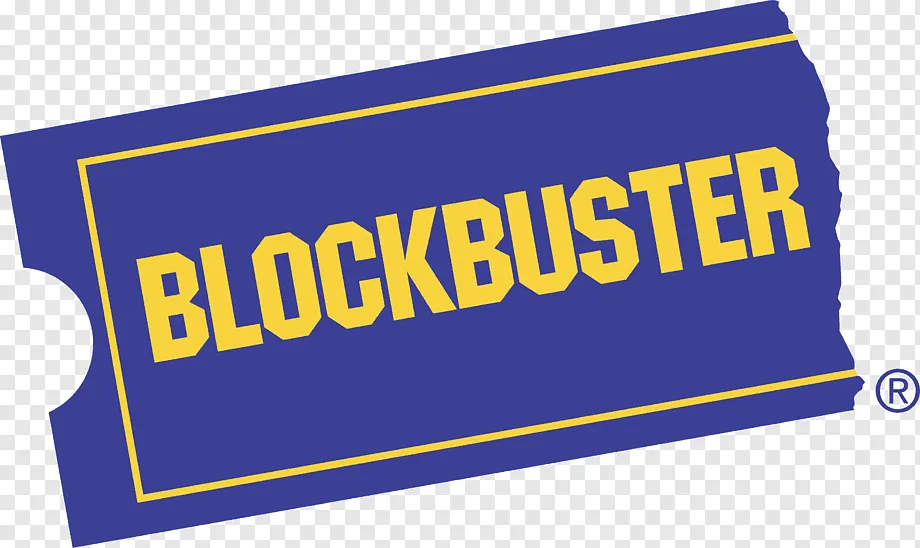
Their inability to adapt to consumer preferences and the market shift toward digital media resulted in irreparable damage.
Blockbuster filed for bankruptcy in 2010, and its brand has become a cautionary tale for companies everywhere.
3. Nokia: The Mobile Phone Pioneer
Once a leader in the mobile phone industry, Nokia's decline is often attributed to its leadership's ignorance of changing consumer preferences.
Nokia had a stronghold on the market with its durable, user-friendly phones.
However, when smartphones emerged, Nokia's leadership struggled to comprehend the significance of this new technology.

Their belief that they could maintain their market share by sticking to their traditional models led to a dramatic decline.
Nokia’s failure to embrace the smartphone revolution, driven by a narrow focus on existing technologies, resulted in a sharp decrease in sales, leading to their eventual acquisition by Microsoft in 2014.
4. Sears: The Retail Giant's Downfall
Sears once stood as a pioneer of American retail, offering everything from appliances to clothing.
However, the company's leadership fell victim to unconscious incompetence as they neglected to adapt to the evolving retail landscape.
They failed to recognize the shift towards e-commerce and continued to focus on their brick-and-mortar stores.
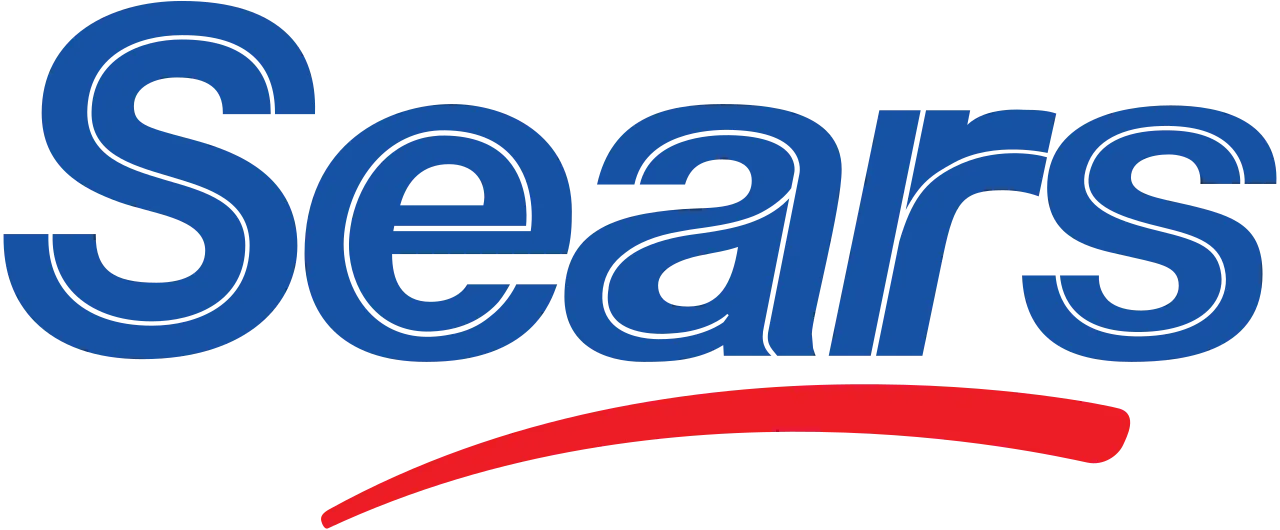
While competitors like Amazon and Walmart evolved and embraced online shopping, Sears' leaders dismissed the need for change.
Their arrogance in believing they could continue operating as usual led to declining sales and ultimately, bankruptcy in 2018.
The Damaging Duo: Arrogance and Ignorance
As we dive deeper into this topic, it becomes evident that unconscious incompetence often couples with arrogance—a dangerous combination for leaders.
When leaders are overly confident in their existing knowledge, they ignore critical information that may conflict with their preconceived notions.
This arrogance can result in a culture of conformity, where alternative viewpoints are stifled, and dissent is discouraged.
Over time, this may create an environment where decisions are made based on ego rather than data or insight.
The Impact on Organizational Culture
In a culture where ignorance is paired with arrogance, fear often reigns.
Employees are hesitant to speak up or propose new ideas, fearing retribution or dismissal.
Such an environment breeds mediocrity, stifles innovation, and ultimately costs organizations their competitive edge.
In contrast, organizations that embrace diverse perspectives and encourage open dialogue tend to thrive.
Research shows that companies with inclusive cultures outperform their competitors in profitability and productivity.
Learning from Successful Leaders
On the other side of the coin, we have companies that have thrived because their leaders actively sought out new perspectives and adopted a growth mindset.
1. Amazon: The Customer-Centric Approach
Jeff Bezos, founder of Amazon, is known for his willingness to embrace diverse ideas and input. Bezos often references the importance of customer obsession, stating, “We start with the customer and work backwards.” This approach has allowed Amazon to adapt and innovate continuously. The company has ventured into various domains, from cloud computing to streaming services, by being open to new thoughts and methodologies.
2. Satya Nadella at Microsoft: A Culture of Learning
Since becoming CEO of Microsoft, Satya Nadella has transformed the company culture from one of competition to collaboration. He actively encourages employees to share their ideas, learn from failures, and adopt a growth mindset. Nadella’s belief in learning from others has helped Microsoft regain its competitive edge in a rapidly evolving tech landscape.
Strategies for Leaders to Combat Unconscious Incompetence
Recognizing the dangers of unconscious incompetence is the first step. Here are some practical strategies leaders can adopt to foster an open and adaptable environment:
- Encourage Open Dialogue: Create spaces where employees feel safe to share their thoughts and challenge the status quo.
- Embrace Continuous Learning: Promote a culture of learning by providing access to training, workshops, and mentorship programs.
- Seek Diverse Perspectives: Engage with experts from different fields, attend conferences, or participate in industry forums to broaden your horizon.
- Regular Self-Assessment: Conduct honest evaluations of your knowledge and decision-making processes. Identify areas where you may lack insight and seek feedback from peers.
- Lead by Example: Demonstrate openness by acknowledging your limitations and actively seeking input from your team.
Conclusion: The Path to Effective Leadership
Unconscious incompetence can be a silent killer in leadership, leading to stagnation, poor decisions, and ultimately, failure.
History has shown us that a narrow focus, often fueled by arrogance, can bring even the most successful companies to their knees.
By embracing a mindset of openness and continuous learning, leaders can foster an environment that thrives on diverse perspectives and innovative ideas.
Just as important as the decisions we make are the beliefs we hold about our understanding of those decisions.
In the end, true leadership is not about having all the answers, but about being willing to ask the right questions and embrace the knowledge that exists outside of our own perspectives.
Call to Action
Are you a leader looking to escape the pitfalls of unconscious incompetence?
Start today by reaching out to a peer for a coffee chat, attending a workshop, or subscribing to a diverse range of thought leaders in your industry.
Challenge your perspectives, learn something new, and watch your leadership transform.
Remember, it’s never too late to open your eyes to the full panorama of knowledge that surrounds you.
While this post merely scratches the surface of unconscious incompetence in leadership, it serves as a reminder that being a successful leader requires humility, a thirst for knowledge, and an unwavering commitment to growth.
Don’t let ignorance and arrogance lead your organization to its demise. Instead, embrace the beauty of learning from others, and pave the way for innovation and success.
















